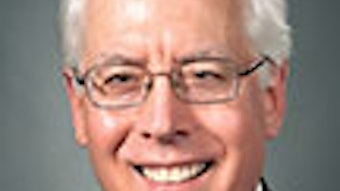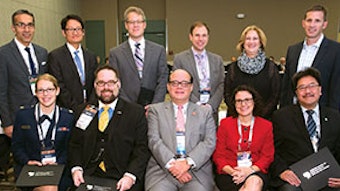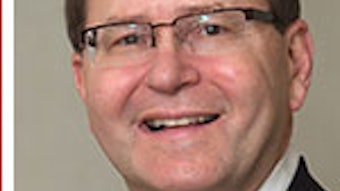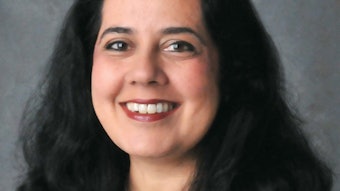AAO-HNS comments on PCAST hearing technologies report
Over the last several months, the AAO-HNS has been closely monitoring the efforts of the President’s Council of Advisors on Science and Technology (PCAST) and other entities, such as the Institute of Medicine (IOM), to study, and hopefully mitigate, some of the ongoing issues faced by the nation’s senior population in regard to the access and affordability of hearing aids and their applicable services.
Over the last several months, the AAO-HNS has been closely monitoring the efforts of the President’s Council of Advisors on Science and Technology (PCAST) and other entities, such as the Institute of Medicine (IOM), to study, and hopefully mitigate, some of the ongoing issues faced by the nation’s senior population in regard to the access and affordability of hearing aids and their applicable services.
Following the late October 2015 release of PCAST’s final report titled “Aging America & Hearing Loss: Imperative of Improved Hearing Technologies,” the AAO-HNS provided the council with formal comments regarding the recommendations put forth.
Overall, the AAO-HNS comment letter articulated support for the following concepts:
- The availability of a “basic” and/or OTC hearing aid for patients/consumers categorized to benefit from non-surgical, air-conduction hearing aids intended to address bilateral, gradual onset, mild-to-moderate age-related hearing loss. In order to identify individuals who actually fall into this category, the AAO-HNS reiterated the importance of retaining requirements for a medical evaluation by a physician and an appropriate (high-quality and standardized) hearing test.
- The withdrawal of draft FDA guidance and concurrent deregulation of PSAPs, thereby increasing the availability of basic or market-entry assistive hearing devices. Said devices should, however, include standardized information regarding the FDA “red flag” warnings associated with ear disease.
- Portable hearing test/audiogram results for consumers/patients following the provision of a medical evaluation and standardized hearing test.
The PCAST report and the AAO-HNS’ subsequent support for many of the recommendations represent a positive shift from the status quo. As today’s technology evolves at an unbelievable pace, the AAO-HNS and its Members must continue to provide patients with the best pathway for safe, affordable, quality care. Positive patient advocacy includes reevaluating the role of technology and identifying common ground. It’s the right thing to do.
AAO-HNS Members are encouraged to review the Academy’s complete comments, which can be accessed online at www.entnet.org/advocacy/PCAST.




